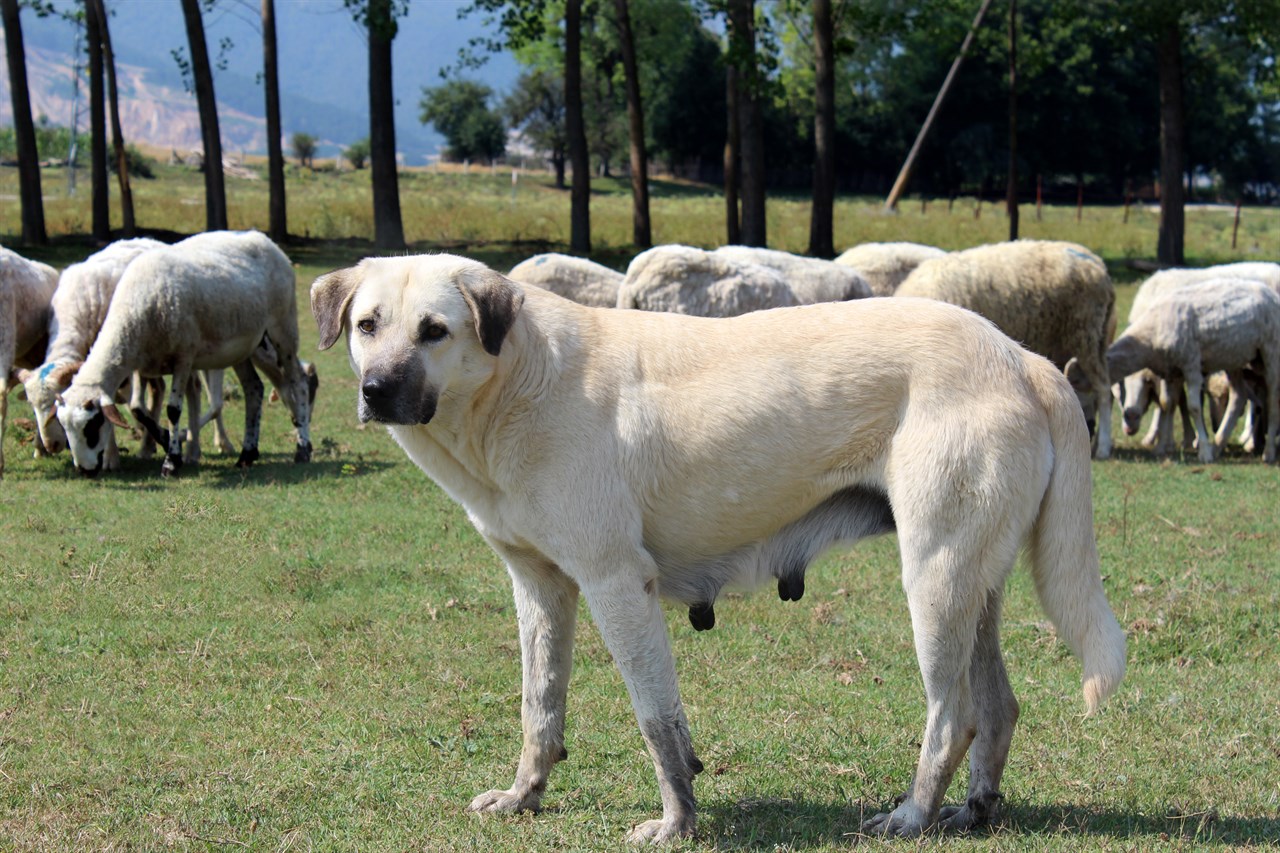Anatolian Shepherd Dog Feeding Habits and Food Requirements

Proper nutrition is crucial for the health and well-being of your Anatolian Shepherd Dog. Understanding their feeding habits and food requirements is essential to provide them with a balanced diet that meets their specific needs. Here's a guide to feeding your Anatolian Shepherd.
Age and Life Stage
Anatolian Shepherds have different nutritional needs at various stages of their life:
- Puppy: Puppies require a diet formulated for growth, which means higher protein and calorie content. Consult your veterinarian for guidance on the best puppy food for your Anatolian Shepherd.
- Adult: Adult Anatolian Shepherds typically need a balanced diet to maintain their weight and overall health.
- Senior: As they age, their metabolism may slow down, and they may require a diet tailored to senior dogs, which may include joint support supplements.
High-Quality Dog Food
Choose a high-quality commercial dog food that meets the nutritional standards. Look for a food with animal-based protein sources as the primary ingredients.
Portion Control
Anatolian Shepherds can be prone to obesity if overfed. Measure their food portions and follow the feeding guidelines provided on the dog food packaging. Adjust portions based on their activity level and individual metabolism.
Protein and Fat
A moderate to high-protein diet is suitable for Anatolian Shepherds. Protein supports their muscle development and maintenance. Ensure the food also contains a balanced amount of healthy fats for energy.
Avoid Free Feeding
Avoid leaving food out all day for your Anatolian Shepherd to graze on (free feeding). Instead, establish regular meal times, typically two meals a day for adults, and follow a feeding schedule.
Fresh Water
Always provide fresh, clean water for your dog. Hydration is vital for their overall health and well-being.
Avoid Human Food
Refrain from feeding your Anatolian Shepherd table scraps or human food. Some foods that are safe for humans can be toxic to dogs.
Special Dietary Needs
If your Anatolian Shepherd has specific dietary needs due to allergies, sensitivities, or health issues, consult your veterinarian. They can recommend a suitable specialised diet.
Regular Vet Check-Ups
Schedule regular veterinary check-ups to monitor your Anatolian Shepherd's overall health and weight. Your vet can provide guidance on adjusting their diet as they age or if any health issues arise.
Treats and Snacks
Limit treats and snacks to prevent overeating and maintain a healthy weight. Use treats for training and as occasional rewards.
Transitioning Food
When transitioning to a new dog food, do so gradually over a week or more by mixing the old and new food to prevent digestive upset.
It's important to remember that individual Anatolian Shepherds may have unique dietary needs based on their age, activity level, and any health conditions. Consulting with your veterinarian and choosing a high-quality dog food appropriate for your dog's specific requirements is key to ensuring they receive the nutrition they need for a long and healthy life.
Anatolian Shepherd Dog puppies for sale
- Find Anatolian Shepherd Dog puppies for sale in ACT
- Find Anatolian Shepherd Dog puppies for sale in NSW
- Find Anatolian Shepherd Dog puppies for sale in NT
- Find Anatolian Shepherd Dog puppies for sale in QLD
- Find Anatolian Shepherd Dog puppies for sale in SA
- Find Anatolian Shepherd Dog puppies for sale in TAS
- Find Anatolian Shepherd Dog puppies for sale in VIC
- Find Anatolian Shepherd Dog puppies for sale in WA